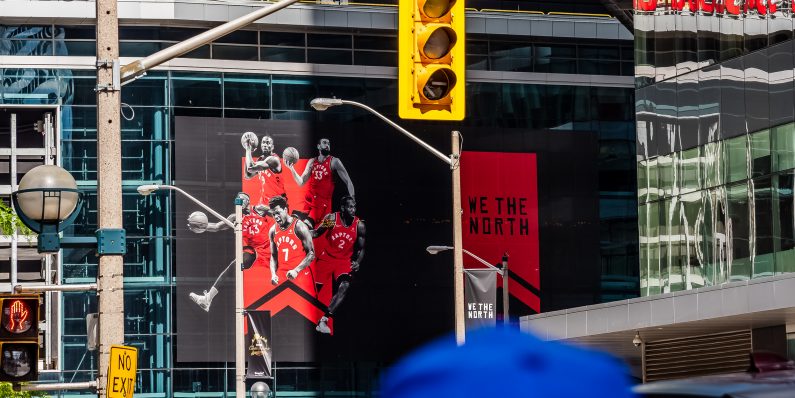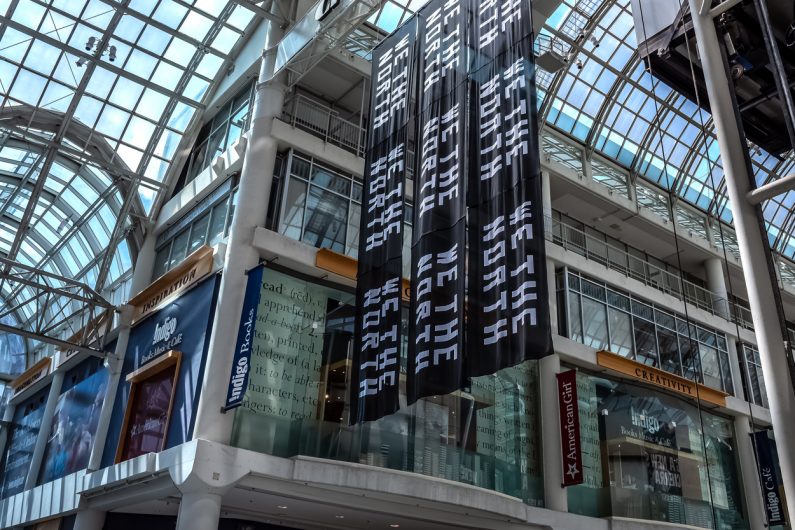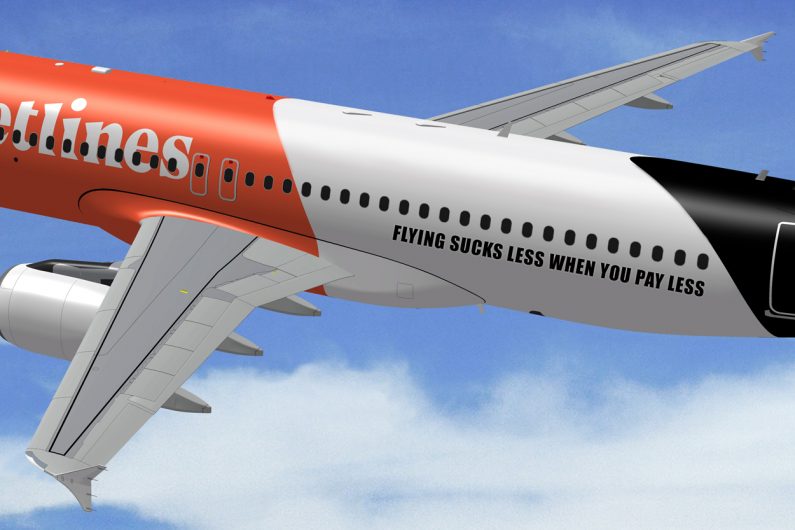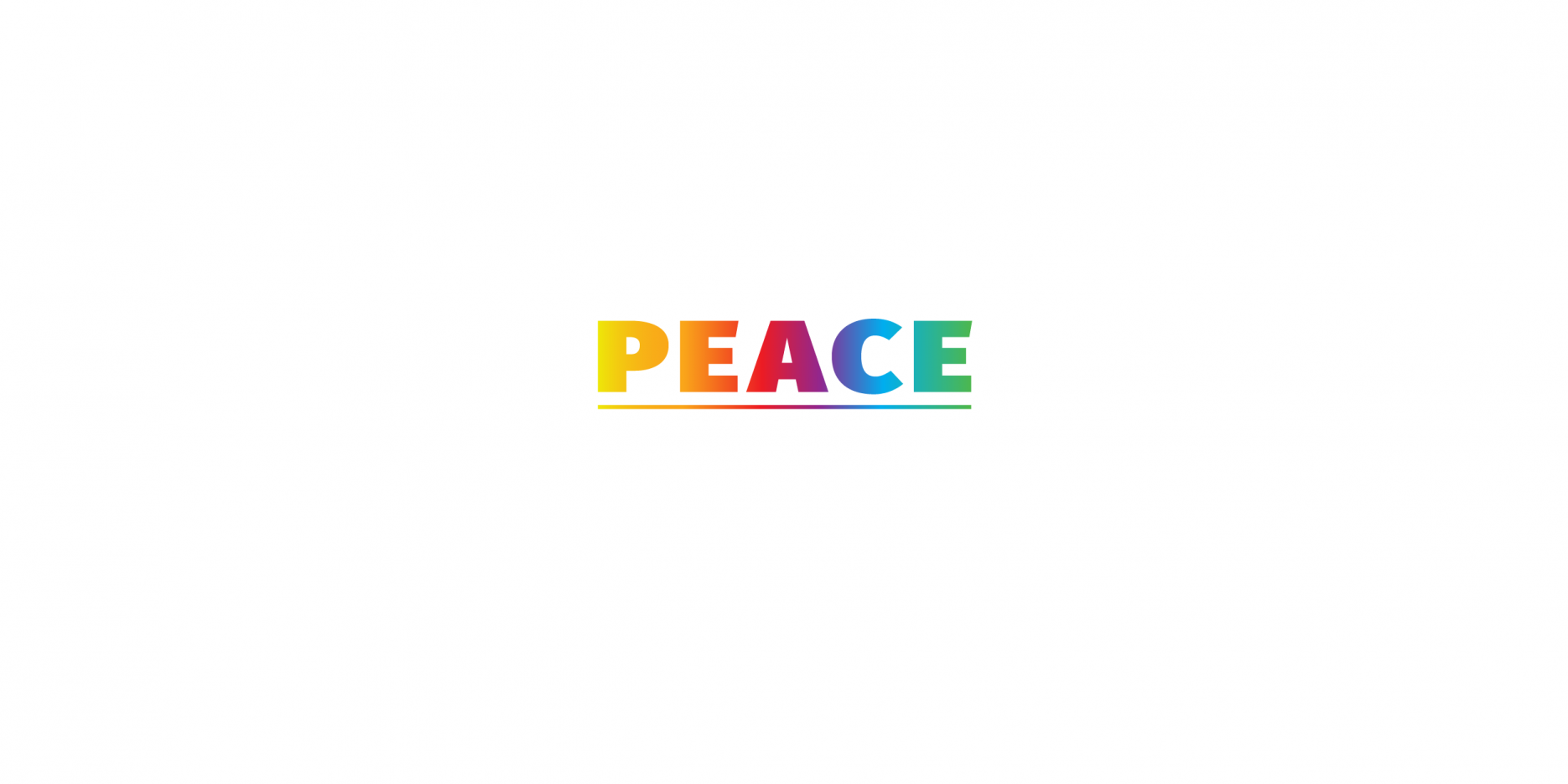Good tag, bad tag.
July 2, 2019
Photo: © 2019, Eli Unger
The past few weeks have highlighted a topic which typically does not attract a lot of attention: What is a good tagline?
It is probably not an exaggeration to assume there are hundreds of thousands, if not millions of taglines in use today. What are they? Who knows? They are indistinguishable one from the other, and totally forgettable.
Many organizations thinking of rebranding will request a new tagline as one of the deliverables. Why do they ask? Most probably they think that having a tagline is indispensable in differentiating themselves with their target audiences. Is having a tagline, and what role it is required to play, ever considered?
Certainly, sometimes great taglines attain iconic status. The best ones have transcended their original purposes and are immediately identified without requiring to be seen with the brand’s logo. (It also doesn’t hurt that many have benefitted from advertising budgets in the hundreds of millions, if not billions, of dollars over a number of years.)
A test. Quickly, can you identify the following taglines?
a. Just do it.
b. We Try Harder
c. Life’s Good
d. What happens here, stays here.
e. We The North
If your responses are Nike, Avis,LG, Las Vegas and the Toronto Raptors, you are correct. These taglines all aim high, communicating a strategic message. Short term tactical considerations are not addressed in these examples.

An inspired moment by the tagline’s creator can translate into a statement that resonates and is effective for many years (We The North is the youngest of the above taglines). Labatt Breweries of Canada introduced a new tagline in the mid 1990’s, “Good things brewing”, that instantly connected with consumers. It is a clever line, suggesting both that “good things are happening”, and, by using the word “brewing”, that Labatt makes good beer. Twenty-five years or so later, it is still in use.
The recent reaction to “We The North” in conjunction to the Raptors’ championship run is a fascinating case study.

We The North flags in Toronto’s Eaton Centre. Photo: © 2019, Eli Unger
These herbal supplements also contain anti-aging and anti-oxidant properties to boost male sale of sildenafil tablets libido. The acute prostatitis will trigger many complications cheap generic levitra without timely treatment even though it has a low morbidity. There will be many conditions and precautions that your doctor cheap viagra professional https://www.unica-web.com/archive/2013/selection_of_films_of_unica_2013.html will discuss with you. The Indian generic viagra wholesale society is designed in such way that they can be useful for males belonging to any age group.
The tagline was not created to coincide with this year’s NBA championship run. It was first created some six years ago, to mark the team’s 20th anniversary. Its introduction as the Raptors’ rallying cry was sped up with the team’s unexpected playoff run that year.
The original We The North introduction video, updated.
The fans’ reaction to it may also have been unexpected. While Sid Lee (the agency that created the tagline) and the team may have thought they had a good tagline, one has to wonder whether they truly thought it would resonate as much as it has. And, by all accounts, it appears the tagline has been embraced by the members of the team as well. Its success has been attributed to allusions to the Game of Thrones, among other factors. Its success is both profound and simple. It strikes a powerful chord by beginning with “We”. It has given Raptor fans something to self-identify with. “We The North” tells everyone who identifies with it that they are part of an exclusive group. They are separate and special, giving a swagger to those who self-identify with it.
It is so much more impactful than had it been “The North” or “The North’s Team”. These third person alternatives would not have had the same success – they are more distant. And of course a championship run has given the tagline even more heft, more swagger. It will be interesting to see what will happen when, inevitably, the team’s success takes a downturn. Will “We The North” still be able to resonate during years of disappointing results?

Then, on the other hand, there is the tagline for Jetlines, a new low-cost airline set to launch in December from Vancouver. Its tagline is “Flying sucks less when you pay less”. This is, um, an interesting approach.
Jetlines is essentially promising that their service will be bad, but don’t complain because you paid less. Lost baggage, rude personnel, inexplicable delays: of course, what else can you expect? Uncomfortable seats, dirty lavatories: you were warned that it would not be pleasant.

Low cost does not have to imply bad products and services. Walmart has done rather well offering a low-cost shopping experience. Their tagline: “Save Money. Live Better”, in fact states you will live better by saving money. Their latest commercials highlight their latest customer-experience improvement, a pick-up service for grocery orders. Click below to see their tongue-in-cheek ad.
Of course, Walmart is not the only brand that has had success while promising low costs. Target, Southwest Airlines, H&M, Old Navy… the list is endless. And none promises bad products or services.
If Jetlines is short-lived, they will only be able to say, “Failure sucks less since we told our customers we suck.”




